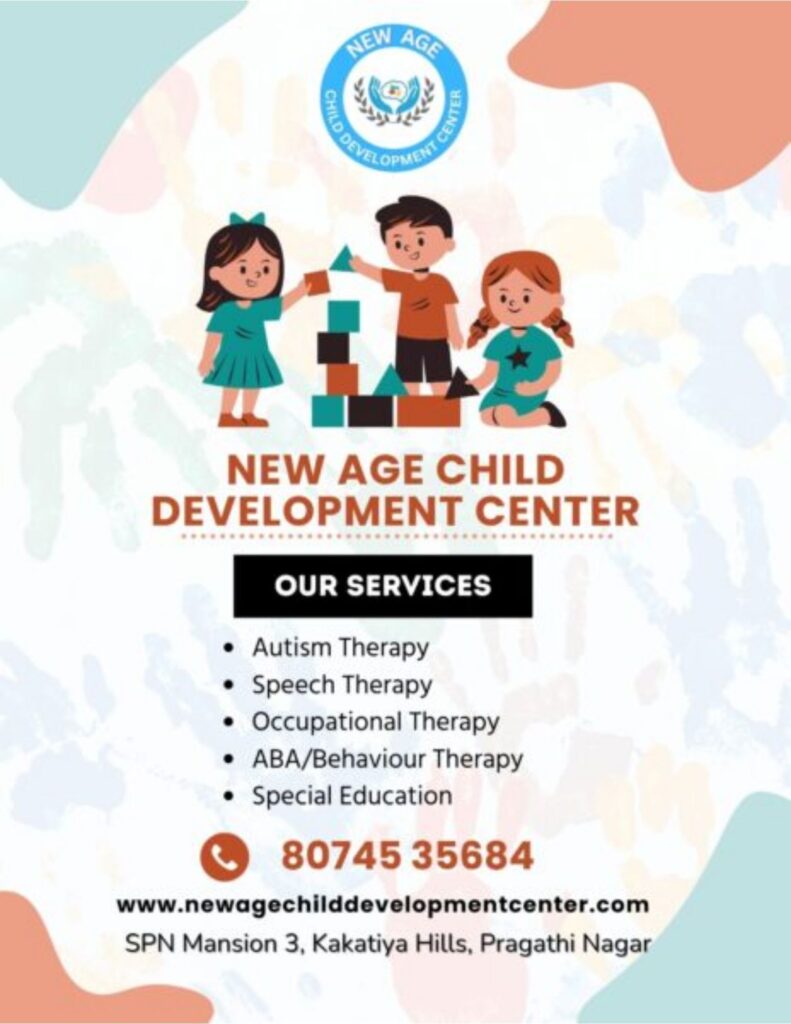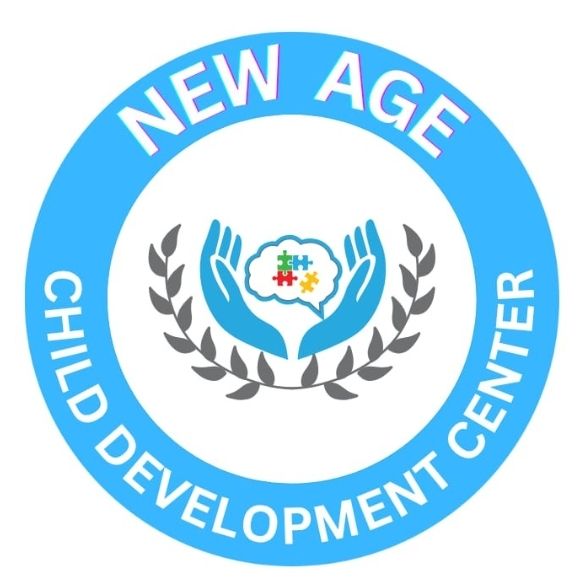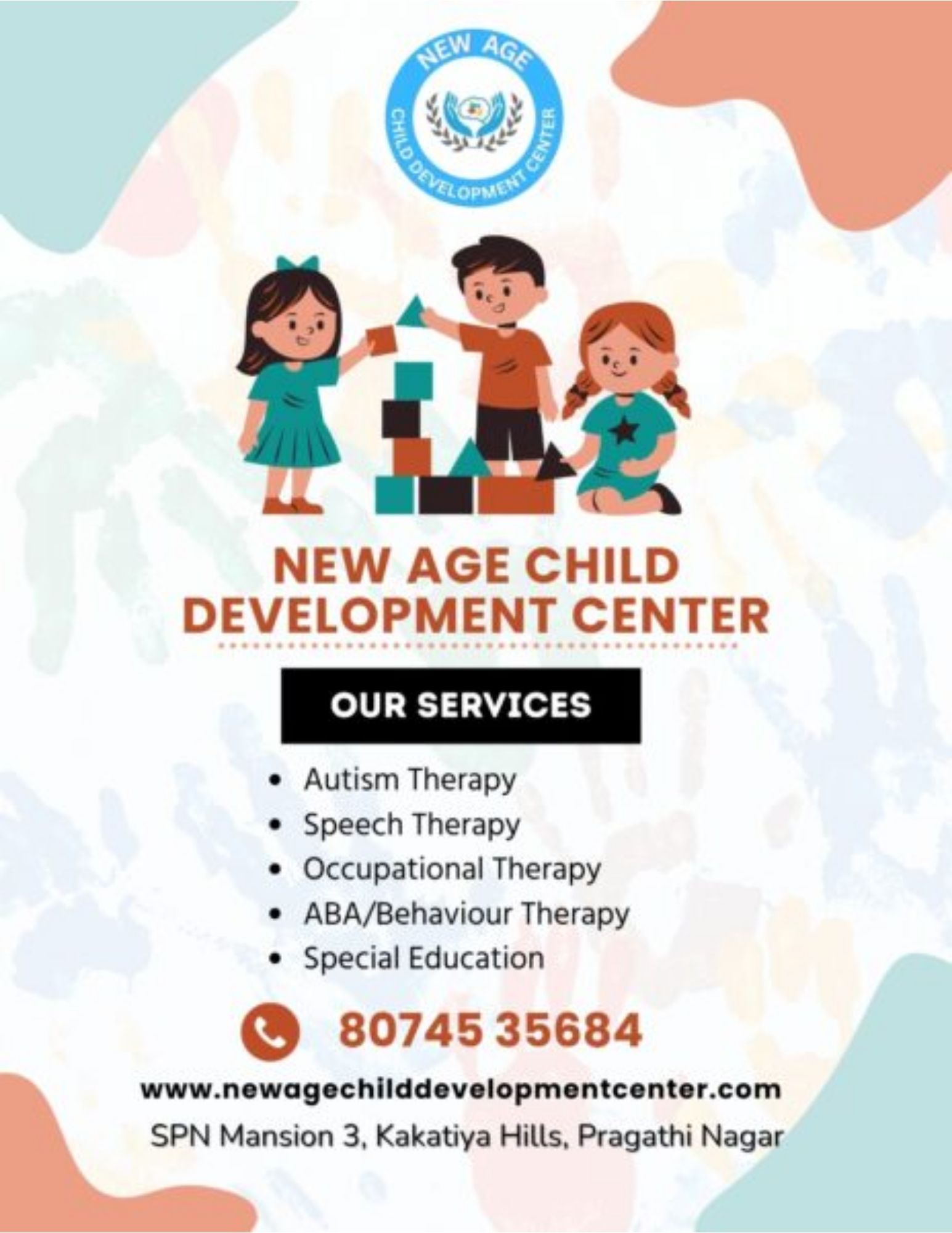Schooling and Autism: How Parents Can Choose the Right Learning Environment
A practical guide forparents to Choosing the Right Learning Environment options for autistic children. Learn how to match learning needs, support systems, and teaching styles effectively. Choosing the right school for a child on the autism spectrum is one of the most important decisions a parent will make. The learning environment your child enters has a powerful influence on social development, behavioral growth, and long-term independence. At New Age Child Development Center, parents are often guided through essential factors that help them understand what truly matters when selecting a supportive school setting.

Many autistic children have unique learning needs, so the school environment must be structured, predictable, and sensory-friendly. A good autism learning environment allows children to feel safe, understood, and encouraged. When parents begin exploring options, classroom noise levels, teacher training, peer support, and sensory accommodations must be evaluated. Schools that understand neurodiversity tend to create smoother transitions for autistic students.
Choosing the Right Learning Environment
A major factor to consider is the presence of individualized teaching plans. Special education programs, visual schedules, communication support, and child-specific academic strategies should be available. In many schools, these essential supports are provided inconsistently, so parents must ask detailed questions. At New Age Child Development Center, therapists help families understand what an effective school should offer for children with communication delays, behavioral issues, or sensory challenges.
Parents must also examine the school’s sensory environment, because many autistic children experience sensory overload. Lighting, seating, crowding, and classroom materials can influence learning efficiency. Schools offering calming corners, sensory breaks, and occupational therapy-approved tools are often better suited. Predictability helps autistic children feel secure, and structured routines increase confidence.
Social interaction is another crucial component. Parents should observe whether teachers encourage cooperative play, guided social communication, and positive peer modeling. An ideal school environment promotes emotional well-being by creating inclusive activities instead of isolating or overstimulating children. At New Age Child Development Center, parents are trained to assess how well a school supports social and emotional development.
Communication between teachers and parents must be strong. Families should receive regular updates about behavior, progress, and challenges. When communication is open, problems are solved early, reducing stress for both parents and children. A school that values collaboration tends to create better outcomes. This family-school partnership is strongly emphasized at New Age Child Development Center, where parents learn how to participate actively in their child’s educational journey.
Transportation, school distance, and class size also matter. Smaller class sizes often mean more attention, personalized instruction, and less sensory overload. Parents are advised to visit classrooms personally, observe teaching methods, and speak with educators to understand their philosophy. With the guidance of New Age Child Development Center, families can choose environments that maximize a child’s strengths and minimize daily struggles.
The center, located at SPN Mansion 3, Pragathi Nagar, Kakatiya Hills, ALEAP Circle, Pragathi Nagar, Hyderabad, Telangana 500090, welcomes parents seeking clarity on school decisions. It operates Monday–Saturday, 9 AM–7 PM, offering expert support for families navigating autism-related choices.


